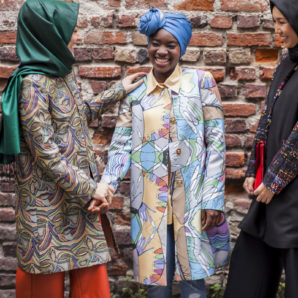CM Reacts: Election of Sadiq Khan – Myriam François
Series: Election of Sadiq Khan
London began this past balmy weekend with the news that Sadiq Khan has been elected Mayor of London in a landslide victory–achieving the biggest personal mandate of any politician in UK history.
“Victory for Sadiq Khan highlights tolerant face of London,” says the Financial Times. Indeed, despite some efforts to present Sadiq as a secret Al-Qaeda-supporting fanatic out to impose public beheadings south of the London Eye, Londoners–or at least 57 per cent of them–do not seem to have bought into the idea that Khan is in fact a secret extremist. Read the full article »
Read More →
London began this past balmy weekend with the news that Sadiq Khan has been elected Mayor of London in a landslide victory–achieving the biggest personal mandate of any politician in UK history.
“Victory for Sadiq Khan highlights tolerant face of London,” says the Financial Times. Indeed, despite some efforts to present Sadiq as a secret Al-Qaeda-supporting fanatic out to impose public beheadings south of the London Eye, Londoners–or at least 57 per cent of them–do not seem to have bought into the idea that Khan is in fact a secret extremist. Read the full article »
Read More →
